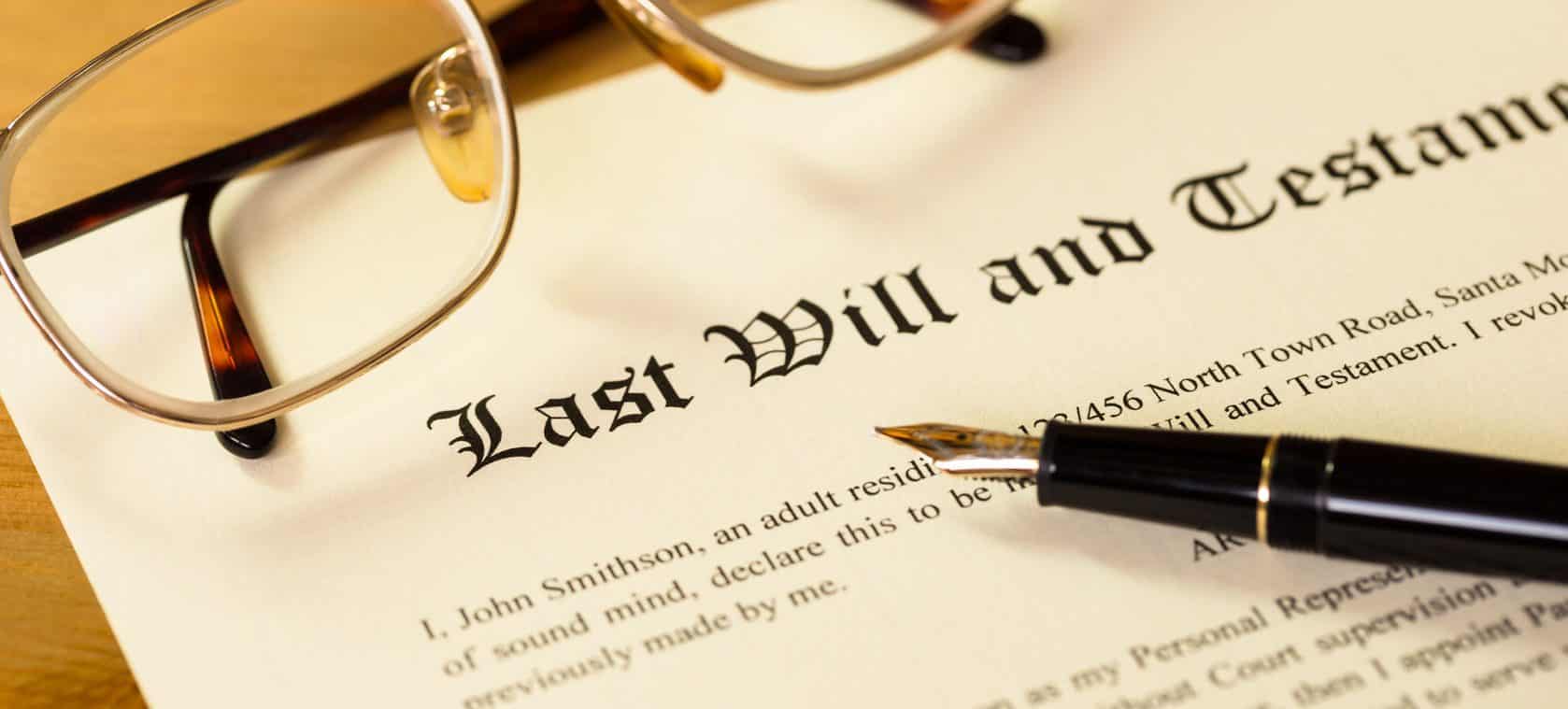Sydney-based consultant, working in renewable power and transition. Formerly Legal Intern at Lawpath.
The preparation of a Will is an extremely important process. However, it can be an emotional and overwhelming task. Hence, it is important to understand the basics of forming a Will including whether a beneficiary can also be the executor. Read this article to find out.
What is a Beneficiary?
A beneficiary is an individual who receives the deceased’s assets, normally in the form of money or property, following the administration of a Will. There are usually multiple beneficiaries. Beneficiaries benefit from the trust as an individual or a company. Beneficiaries have to pay tax for trust based on their individual income. They can be under the age of 18 or be lacking the capacity to make legal decisions. This ensures that someone is taken care of. Once they receive the trust property, they have the full legal rights over it.

Make your wishes known in a matter of minutes.
Complete, customise and download your will for free.
Get startedWhat is an Executor?
An executor is vital to every Will. The executor is a person who carries out the wishes of the deceased. They are nominated by the deceased. They must comply with the terms set out in the will when managing the estate and assets of the deceased. The executor is also responsible for executing the deceased wishes under the laws that govern the administration of the deceased’s estates and assets.
The Role of an Executor in a Will
The executor has many important duties. To execute the Will without any complexities, knowledge of the law, tax and accounting may be necessary. Duties involve locating the Will, paying off any debts as well as establishing and managing any long term trusts. Firstly, they must apply for a grant of probate from the Supreme Court, this legally confirms and authorises the executor to administer the deceased’s estate. Additionally, the executor must manage the deceased’s accounts and lodge tax returns. They are also responsible for determining the beneficiaries and distributing the assets to them in accordance to the will.
Can you be both in a Will?
In short yes, an executor can also be a beneficiary. Furthermore, this arrangement is very common. For example, you will often see a husband and wife both nominated as the beneficiaries and executors in each other’s Wills.
However, problems can arise when the executor is also a beneficiary. It may be an issue when a Will is contested or challenged by the beneficiaries. If a beneficiary is disputing the executor, the administration of the Will may be contested. This is because the executor may have a conflict of interest and the administering of the assets may not have been in the best interests of the beneficiaries or in accordance with the deceased’s wishes. This can result in lengthy court time. This prolongs the process and is expensive with the legal fees paid by your estate.
Therefore, appointing an independent executor, who is not a beneficiary of your Will, can be useful. If you foresee disagreements between your beneficiaries an independent executor may be the best way to go to avoid problems.
Final Thoughts
To conclude, an executor can also be a beneficiary to a Will. If you have any further questions contact an estate lawyer today.






